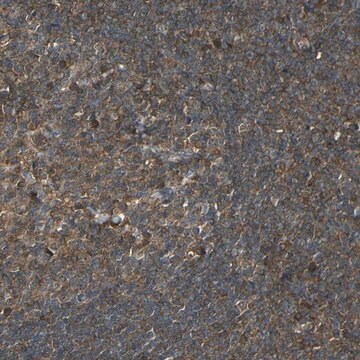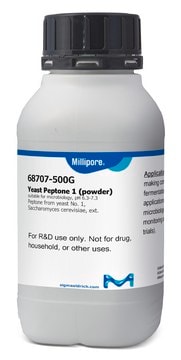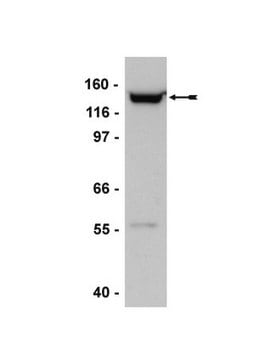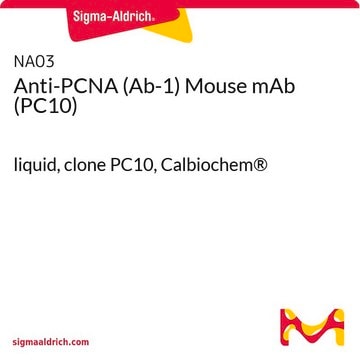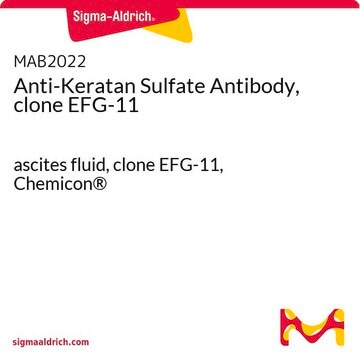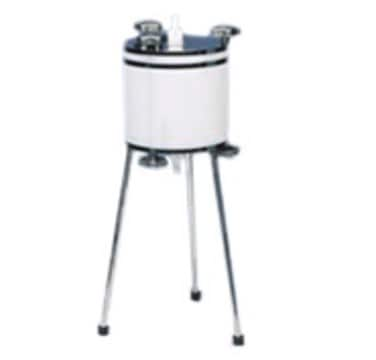MABC1606
Anti-Caspase-8 Antibody, clone 3B10
clone 3B10, from rat
Synonyme(s) :
EC: 3.4.22.61, CASP-8, MCH5, FLICE, MACH
About This Item
Produits recommandés
Source biologique
rat
Forme d'anticorps
purified antibody
Type de produit anticorps
primary antibodies
Clone
3B10, monoclonal
Espèces réactives
mouse
Conditionnement
antibody small pack of 25 μg
Technique(s)
flow cytometry: suitable
western blot: suitable
Isotype
IgG1κ
Numéro d'accès NCBI
Numéro d'accès UniProt
Modification post-traductionnelle de la cible
unmodified
Informations sur le gène
mouse ... Casp8(12370)
Catégories apparentées
Description générale
Spécificité
Immunogène
Application
Apoptosis & Cancer
Qualité
Western Blotting Analysis: 1 µg/mL of this antibody detected Caspase-8 in mouse embryonic fibroblast (MEF-1) cell lysates.
Description de la cible
Forme physique
Stockage et stabilité
Autres remarques
Clause de non-responsabilité
Vous ne trouvez pas le bon produit ?
Essayez notre Outil de sélection de produits.
Certificats d'analyse (COA)
Recherchez un Certificats d'analyse (COA) en saisissant le numéro de lot du produit. Les numéros de lot figurent sur l'étiquette du produit après les mots "Lot" ou "Batch".
Déjà en possession de ce produit ?
Retrouvez la documentation relative aux produits que vous avez récemment achetés dans la Bibliothèque de documents.
Notre équipe de scientifiques dispose d'une expérience dans tous les secteurs de la recherche, notamment en sciences de la vie, science des matériaux, synthèse chimique, chromatographie, analyse et dans de nombreux autres domaines..
Contacter notre Service technique

